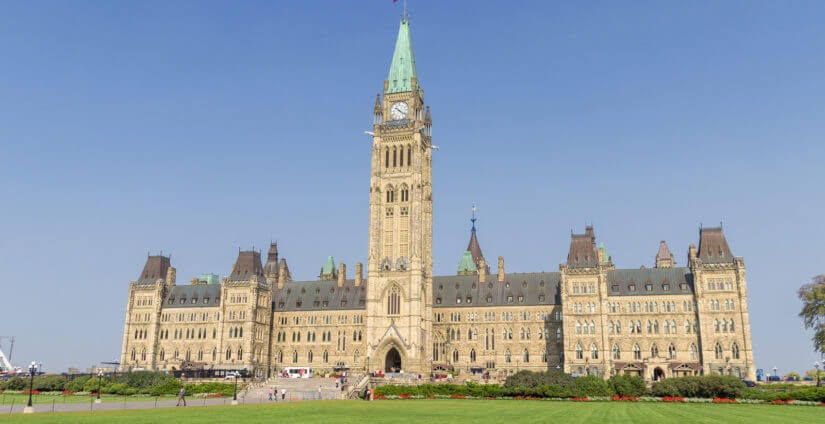Being called to appear at the Bar – Not as fun as it sounds

Marion Sandilands* and Alyssa Holland*
On April 17, Parliament displayed its power to summon and rebuke a government contractor—a power not used since 1913. What is this parliamentary ritual, what does it mean, and how can witnesses avoid this outcome?
The recent public admonishment of Kristian Firth (Managing Partner of GCStrategies) in the House of Commons is a lesson in both the power of Parliament and the perils of non-compliance with its orders. Although this measure is sometimes used to admonish Parliamentarians and civil servants, it is rarely used against private citizens.
It may not be surprising that legislatures (including the House of Commons) can discipline their own members. This power is real and robust. For example, it’s been used recently in other Canadian legislatures to expel a sitting member and declare their seat vacant, and to fine a member for breaches of a legislature’s code of conduct. More surprising, perhaps, is that Parliament’s authority also permits it to summon, compel and discipline private citizens. This power includes public admonishment at “the bar”—a brass rail at the entrance to the House of Commons. At its most extreme, the power includes imprisonment as punishment for contempt.
While one of the essential roles of Parliament is to make laws, that is not its only function. Parliament also supervises the work of the executive branch – the departments, agencies and institutions that together make up “the government”. Parliament exercises this role primarily through the work of committees.
Parliament and its committees have broad, absolute powers to compel witnesses and documents. In some ways, these powers are more expansive than those of a commissioner of inquiry or a court. These powers have their roots in Parliament’s privileges, a centuries-old body of parliamentary law that forms part of Canada’s constitutional order. These privileges empower a Parliamentary committee to investigate anything it wants and summon anyone it wants.
This extraordinarily broad power can place those who find themselves in Parliament’s crosshairs in a very difficult position.
What should a private individual do when a Parliamentary committee demands production of communications with that person’s lawyer? What about personal information of third parties or information that is subject to contractual confidentiality clauses? These kinds of requests raise issues of solicitor-client privilege, privacy, and even breach of contract.
While the courts have developed rules and processes to address such issues, Parliament has not. And although those called as witnesses before Parliament and its committees benefit from the same “freedom of speech” protections as parliamentarians when they appear at committee, the ArriveCAN hearings illustrate that this protection may not go very far to protect either the reputations or the legal interests of individuals who are called on to explain themselves.
Parliamentary privilege is a cornerstone of our constitutional system, but it’s one that few people (including lawyers) understand. When Parliament turns its scrutiny to a private citizen, the legal and reputational consequences can be enormous.
And as the House’s summoning of Mr. Firth to the bar illustrates, these consequences arise whether a witness answers the questions put to them or not.
As a boutique litigation firm situated in the Nation’s Capital, Conway Baxter Wilson LLP/s.r.l. continues to pride itself in advising clients on attending before parliamentary committees and other matters of public and private law. For more information, contact Marion Sandilands or Alyssa Holland.
